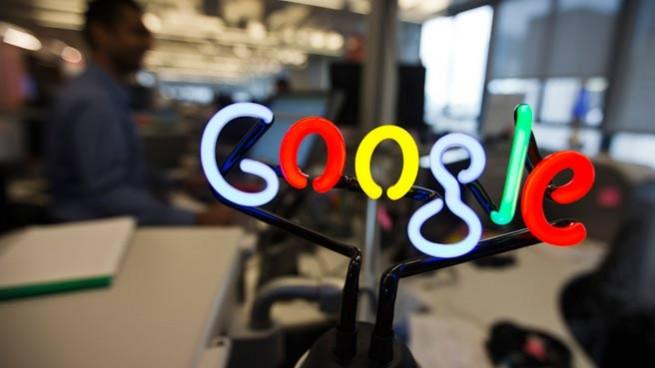
In an unprecedented move, thousands of Google workers around the world stopped working briefly on Thursday to protest against the company's lackadaisical attitude towards sexual harassment and inequality at workplace. The protests began in Asia and then streamed across to Europe and onto Google's headquarters in Mountain View, California.
What triggered the protests?
Last week, New York Times reported that in 2014 Google paid $90 million as exit package to senior vice president Andy Rubin after accusation of sexual harassment against him. Both contract, as well as regular workers, took part in the protests.
Employees say that several sexual harassment incidents have taken place at the workplace and the company has to now take action.
Though Rubin has denied the allegation in the New York Times report, Google hasn't disputed it.
Around 60 per cent of Google's offices participated including its largest outside the US in Dublin, Ireland. The organizers shared photographs on social media showing hundreds of workers leaving offices.
The organisers called on Alphabet Inc, which controls Google, to protect the rights of accusers during investigations, share pay-equity info with employees and add a member to the board who represents employees.
Google taking steps to redress the issue: Pichai
An hour after the protests ended, Google Chief Executive Sundar Pichai said he had taken note of the steps suggested by employees to improve Google's culture and streamline the process to hire people.
He said he wants Google to set the bar, adding that lack of racial and gender diversity was part of the issue and they are addressing it just like other companies.
Organisers and employees say Google bosses, like their counterparts in other companies affected by the #metoo movement, haven't shown the urgency to address issues like checking powers of male executives.
They want Google to disclose the sexual harassment data and put an end to forced arbitration in harassment cases.
The organisers of the protests also demanded that the chief diversity officer be empowered to directly advise the board.
Though the turmoil generated hasn't affected Google's share price, but employees have warned that they will again demonstrate if required and Alphabet, which has 94,000 regular employees and tens of thousands of contractors, is likely to face recruiting and retention issues if the concerns remain unaddressed.

















